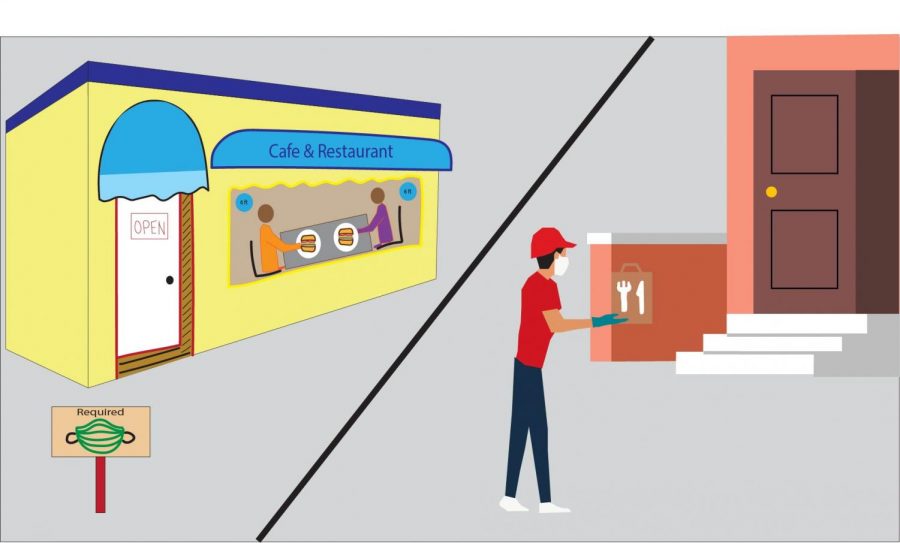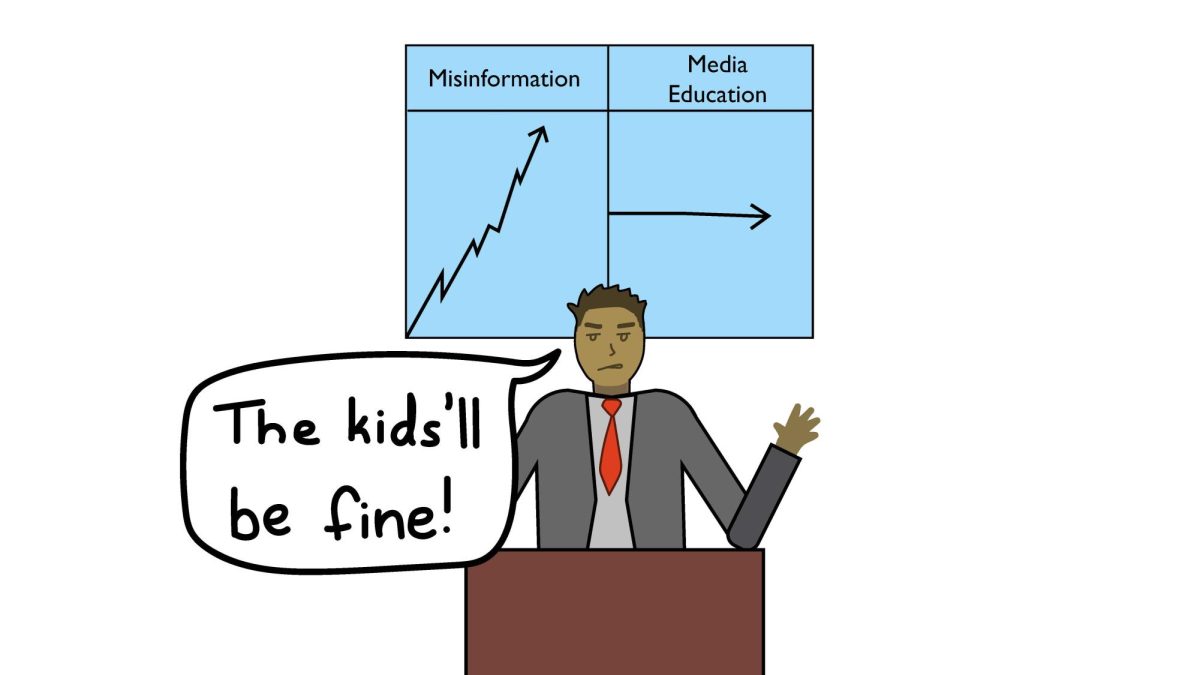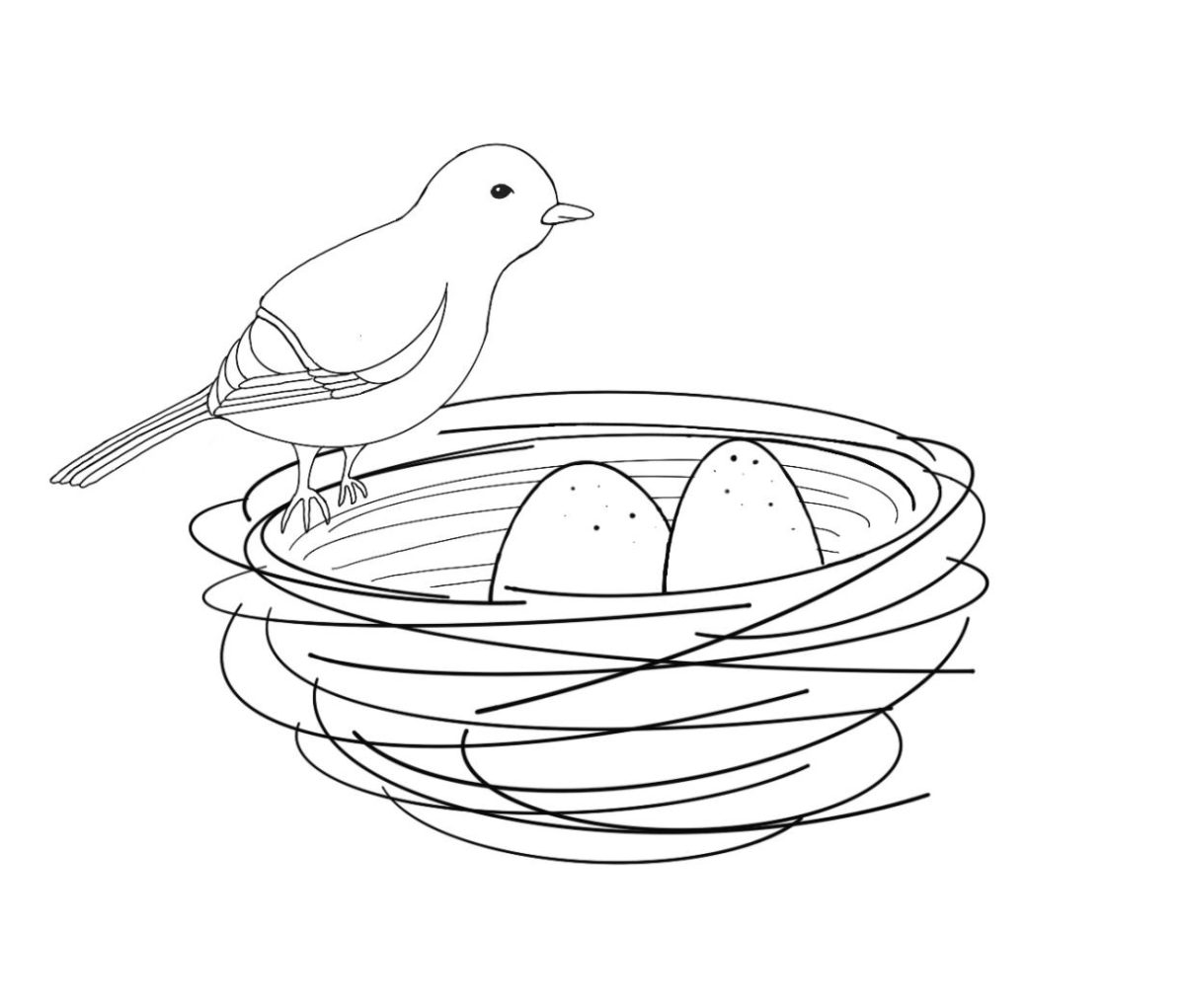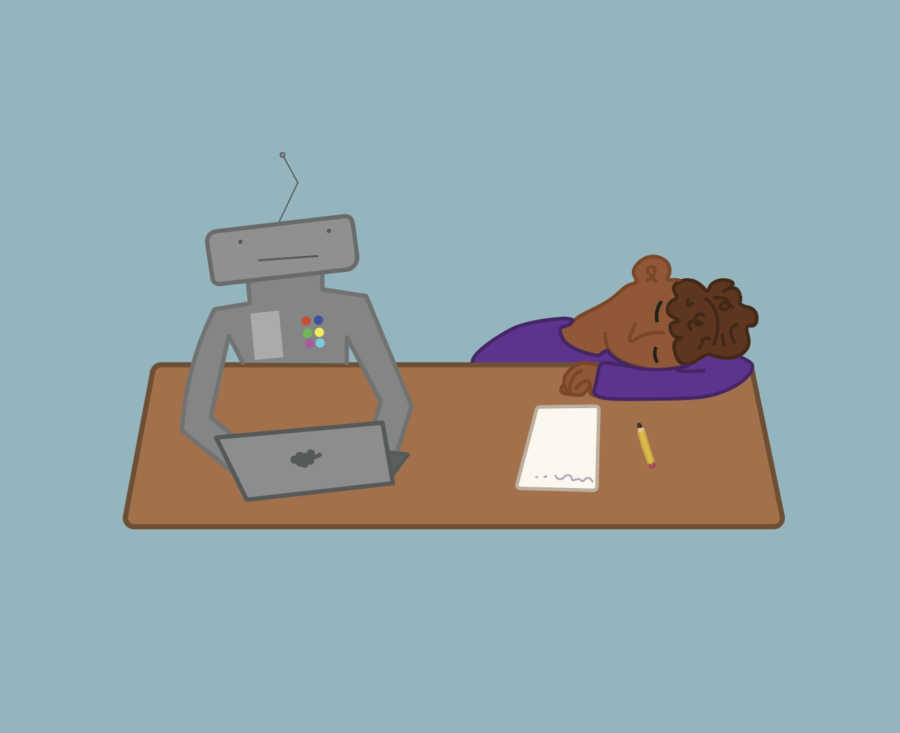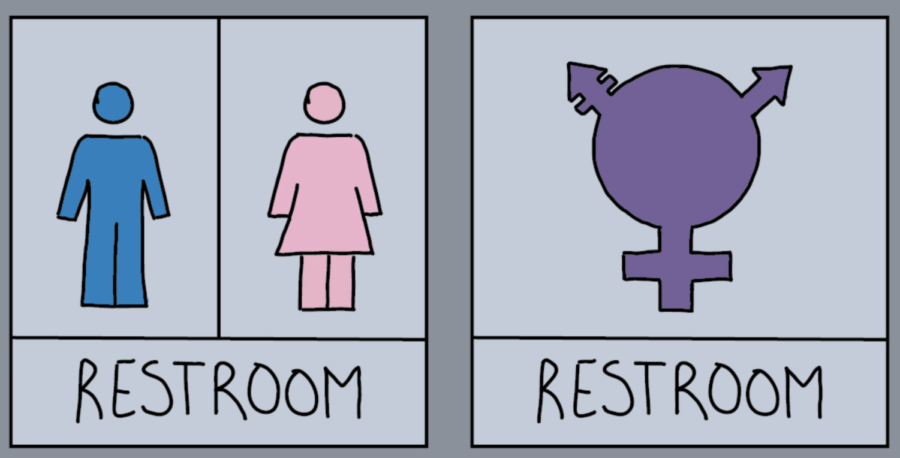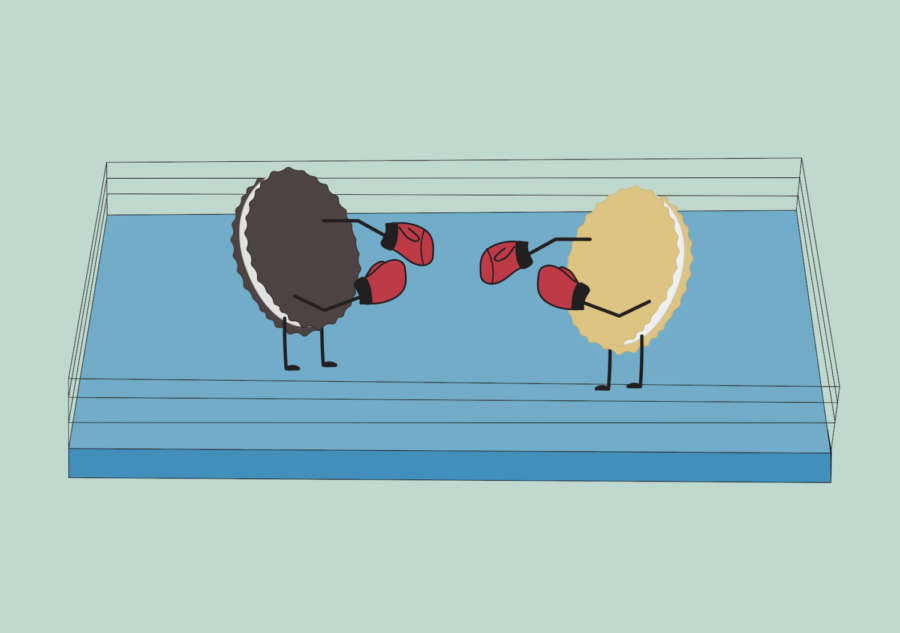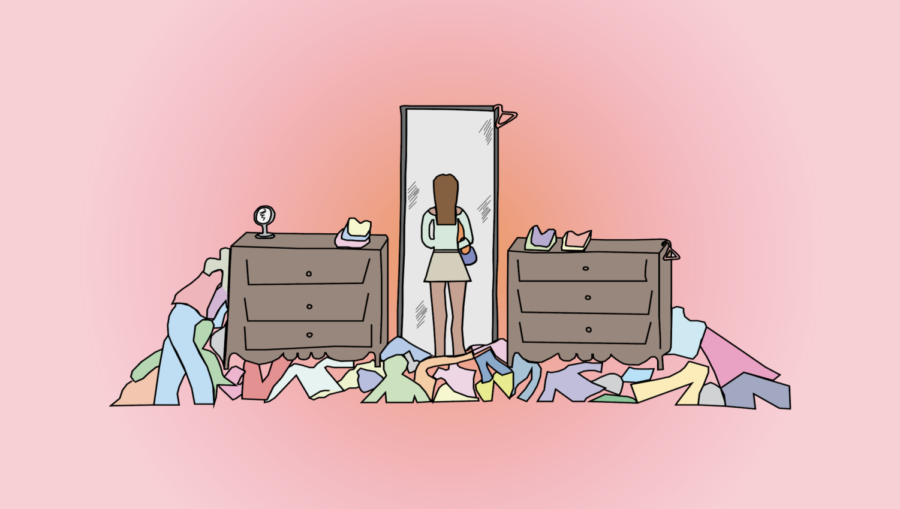Should public health be prioritized over the economy during Covid-19?
Public health takes precedence over stabilizing the economy during COVID-19
Arushi Sharma
On Dec. 2 Governor Jay Inslee announced a three-week extension of existing restrictions on indoor dining and social gatherings, which will now last until Jan. 4, 2021. Businesses, facing revenue losses due to the pandemic, are frustrated with the ramifications these policies will bring. However, state health officer Kathy Lofy reported that there has been an advanced growth of cases in the past two weeks, leading to the highest number of COVID-19 cases Washington has seen since the pandemic began. In light of the current situation, it is paramount that restrictions in favour of public safety are implemented and strictly followed, regardless of economic or social concerns.
“The growth is widespread across both Western and Eastern Washington, and the high case number is not due to an increase in testing – it is an increase in disease,” Lofy said.
She said that hospitalizations across the state are rising and may soon overwhelm the healthcare system. She also said that the rise of infections may lead to hospitals running short of beds this month.
This rapid incline during the holiday season, when people are more prone to socializing indoors, increases the risk of the spread of COVID-19. Therefore, the protection of public health is more vital than the slow growing slump of the economy.
Moreover, the daily number of COVID-19 cases is much higher than it was during the spring and summer. This can be attributed to the flu season, which causes many people to have weaker immune systems due to the change in temperature. The large outbreak may lead to more serious economic and social issues along with consequential health complications in the future, which would inevitably lead Washington into another complete lockdown. This would be worse for the economy than the recent restrictions.
Although many argue that the economy is slowly declining into chaos with lost revenue, economist James McCafferty, a director at the Center for Economic and Business Research at Western Washington University, pointed out that projections of consumer “mobility” show many consumers stay at or near their homes out of concerns about COVID-19.
McCafferty said, “Even if these businesses were open, they would probably struggle to get customers at the volume they really need to break even or profit.”
Therefore, reducing the rate of spread of COVID-19 quickly would not only help control the virus but also be more beneficial for the businesses economically. They would have a better chance of recovering to where they were before the pandemic. The more closely we follow the restrictions that are put in place for the benefit of the entire population, the more quickly we will gain control of the virus and the more quickly we can get rid of it.
Restaurants are still given the option of allowing outdoor dining, takeout and delivery to help them stay in business. Retail stores can allow 25% of their max capacity at a time. This allows at least some flow of money. If the restrictions were not put in place, the number of infections would rise, causing a failing economy and a decrease in the number of customers and employees. The long-term negative consequences would outweigh the short-term benefits. Eventually, Washington would go into complete lockdown, closing more businesses. Thus, the enactment of these rules aids businesses by preventing them from large losses while COVID-19 remains at large.
Stabilizing the economy and helping small businesses should be prioritized
Ishika Kaushik
As of mid-November, 271,436 Washingtonians, or 7% of the workforce, were collecting unemployment benefits, according to the Employment Security Department. As Washington Governor Jay Inslee’s four-week statewide restrictions went into effect on Nov. 16, however, CEO of Washington Hospitality Association Anthony Anton predicted 100,000 jobs were lost overnight in the hospitality sector alone, meaning that this number is likely to increase.
Whereas the information sector and technology firms have successfully adopted a remote, work-from-home model, many other sectors, including the restaurant industry and small businesses, depend on in-person transactions to keep their business running and have faced staggering layoffs.
Economic hardship is further aggravated by the fact that Congress still has not passed a second round of economic relief measures. Federal programs, such as the Paycheck Protection Program, have been closed since August. Moreover, expanded unemployment benefits and payments to businesses expired months ago.
Although it is important to continue to adhere to practices that will aid in reducing current COVID-19 transmission rates in Washington, the state of struggling small businesses and restaurants cannot be ignored. Without more state or federal relief, these businesses will soon go bankrupt. Many businesses that already closed for three months in the spring are once again faced with the challenge of trying to keep people employed.
According to King-TV journalist Drew Mikkelsen, on Dec. 3, two restaurants in Western Washington reopened indoor dining, defying Inslee’s restrictions, to protect their business from shutting down and to keep their staff employed. Although businesses who defy the governor’s orders could face fines or lose their business licenses, Brian Robbins, owner of the restaurant Farm Boy, said it was a chance worth taking to save his restaurant. Furthermore, Rod Samuelson, owner of Spiffy’s Restaurant and Bakery, would not have been able to keep his staff of 30 employed if he relied solely on take-out.
While some businesses have made the decision to reopen, others await greater state and federal relief to save their businesses. Ana Castro, co-owner of Salvadorean Bakery and Restaurant, explained to Seattle Times reporters David Gutman, Anna Patrick and Mike Lindblom that it has been a very difficult and emotional time for the business. The shop has been in business for 25 years and has 15 workers. The business had started to recover in the summer, but Inslee’s restrictions recomplicated things. Over the three-month closure, she said that her business got $90,000 in federal relief, which was not enough to cover wages and rent. She now hopes the government will pay more attention to businesses like hers and find ways to provide further support.
Accordingly, Inslee announced a plan to distribute financial support that amounts to $135 million, $70 million of which will cover grants for businesses, although he acknowledged this aid will not fully solve the burden many businesses are facing. This is a small amount when compared to federal pandemic-relief programs that brought Washington more than $12 billion in loans and $6.4 billion in unemployment benefits. States also have to have a balanced budget and thus cannot borrow money. Thus, the only solution is for businesses to reopen as they await federal funding.
As Inslee has stated in the past, the only practical and durable solution is for Congress to extend the expired federal relief programs. As of now, Inslee believes that the additional aid will get some businesses through the difficult times, and he plans to continue working with state legislators, Congress, and other partners to secure additional support. In the meantime, grants will be allocated to the hardest-hit industries and businesses. Small businesses as well as nonprofits can also apply for a federal Economic Injury Disaster Loan if they have faced great economic hardship due to the pandemic. Regardless, these funds won’t be able to keep the economy afloat. To account for all of the struggling businesses in the state, the economy must be reopened while the state legislature and Congress develop practical solutions to provide aid for all businesses in need.



